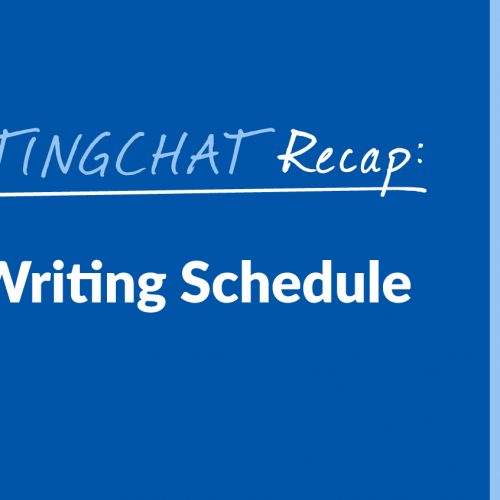The No-BS Guide to High-Level Technical Writing
According to the U.S. Bureau of Labor Statistics, employment of technical writers is projected to grow 12% from 2020 to 2030. This is faster than the average for all other occupations. Also, approximately 5,500 job openings are expected for technical writers each year. If that data is any indication, technical writing is a lucrative career path if you have a passion for writing because the demand will only increase. So, if you’re interested in becoming a technical writer, that’s no better time than the present. But what exactly is technical writing? How can you get started and become a writer who lands jobs with ease? This guide has all the information you need to pursue this career path. What is Technical Writing? Technical writing requires the writer to communicate complex information in an easy-to-understand way. This spans a variety of industries, including computer hardware and software, engineering, chemistry, robotics, and the medical and financial fields. However, it’s worth noting that nearly every industry uses technical writing in some shape or form. It can cover a variety of mediums depending on what’s most appropriate for the topic at hand. For instance, technical writing can be reports, user manuals, instructions, documentation, and procedures, among other content types. As a result, writers need unique skillsets to have the ability and the confidence to craft accessible information. Why Technical Writers Are in Demand As mentioned above, jobs in the technical writing field are rising steadily, making it a worthwhile career path to pursue. But why is there such a need for writers in this field? One reason is that many jobs are becoming automated. It’s causing many people to worry about whether their job will become obsolete next. However, robots haven’t perfected content creation. We still need humans to craft and review content to ensure it’s done properly. And, in the technical writing field, there’s no room for error, making human writers and editors essential. Besides that, here are a few more reasons why technical writers are in demand: Their Skillset is Unique: Not every writer has a knack for technical writing. When a company is looking to hire someone to handle their technical writing needs, they want someone who has great writing skills, knowledge of these complex fields, and the ability to research and understand the topics at hand. Only a handful of writers fit those criteria. New Technology is Always Being Developed: The technology world is forever moving at a rapid pace. Every year, engineers develop new technologies and software, which means there’s a consistent need for technical writers to create content that corresponds to these new developments. That can include reports, instruction manuals, and more. If you have a knack for explaining things concisely technical writing could be a good fit for your next career move. And, with practice and experience in the field, you’ll have a truly in-demand skill. 6 Technical Writing Tips to Improve Your Content Technical writing is a great career path for those who love to write and are good at explaining complex ideas in simple language. However, it can still be a challenging field. Luckily, you can do a few things to improve your technical writing skills. Not only will these tips make your job more enjoyable, but they should help you land more opportunities as well. 1. Be Willing to Expand Your Knowledge It’s safe to say the worst thing anyone can do these days is to assume they know everything there is to know about a particular field. The reality is, there’s always more to learn and room for improvement. For that reason, you should be willing to expand your knowledge within your field by staying updated with the latest news and consuming other content in your industry. Doing this helps you better understand the topics you’ll write about and will boost your confidence as a writer. Now, the great thing about technical writing is that you don’t need to have hands-on experience writing about your preferred field. For example, you don’t need to be a surgeon to write about medical-related topics. You can take the time to research and learn everything there is to know so you can effortlessly bring a high-quality piece of content to life. 2. Practice Your Craft It’s not enough to just sit back and consume content from your industry. You need to put your knowledge and skills to use. That’s the only way you’ll become better at technical writing. A great piece of advice you can implement is to read other technical documents, then try to figure out what makes them great or what improvements can be made to enhance the content. Being able to identify the qualities of a great piece of content will help to strengthen your writing. From there, you can practice writing technical content of your own. You can even have a friend or a colleague review your work to offer their feedback. Because they likely won’t have experience or knowledge in the field you’re writing about, they can let you know if the content is easy to understand or if it’s still too complex for the average reader. 3. Get to Know Your Audience Every great writer knows that you need to understand who your audience is before you can begin creating. This advice applies to everyone, not just those in the technical writing field. Knowing your audience helps you choose topics that they’ll find appealing. Plus, it ensures you write in a way that speaks directly to them and their level of knowledge on the topic. For example, you’ll want to be mindful of the words you use. Instead of using specialized terms or complex jargon that will require your reader to break out the dictionary, use simple language they’ll understand without question. If you can’t explain something without the use of specialized terms, consider broadening your topic to explain it at a more general level. An easy way to better understand your audience would be to learn directly from them. … Read more

